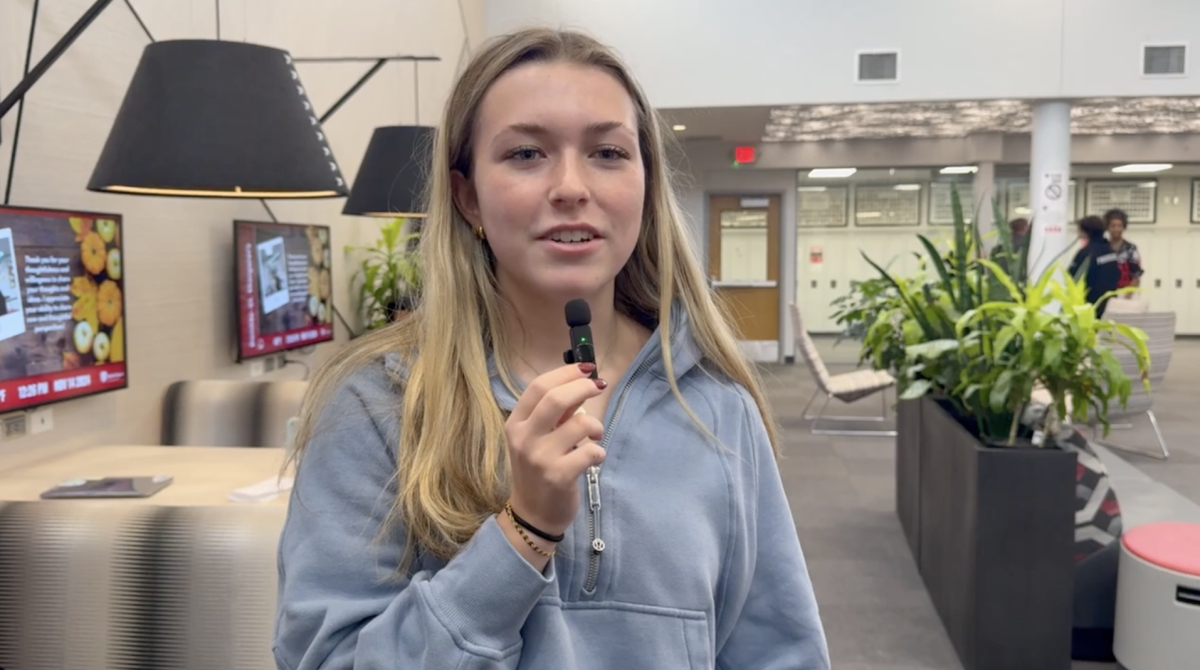In an effort to promote balanced and healthy lifestyles in students, this year’s seniors and juniors will be participating in an experimental Wellness class. Mrs. Connie Fourré has returned from her sabbatical to teach this class, bringing a new title as Wellness Coordinator and an innovative approach to holistic health with her.
The class meets one day a week and grades will be incorporated as ten percent of each students’ theology grades for that semester. In the class students will learn how to balance and better manage their responsibilities and stress for life long health. “The class is centered around a six-component wellness wheel, which essentially categorizes different aspects of [one’s] life, and from that, learning how to change unhealthy thought processes and understand the actual biology of emotion,” said Mrs. Fourré.
Students aren’t the only ones the program is directed towards: faculty, staff, and parents all have their own opportunities to utilize these resources. “Getting adults involved is also very important because right now; most of us aren’t very good at modeling a balanced lifestyle,” said principal Dr. Sue Skinner.
They thought integrating the program was so important because the school’s data, from the Accreditation visit last year, shows that the majority of students are stressed, and living out of balance. “We want our students to be heavily involved in activities, their academics, and be involved socially, to give them the best opportunities, but we don’t want them to go nuts,” said Dr. Skinner.
All seniors first semester and all juniors second semester are required to participate in the Wellness program, and it will take the place of the free hours in religion class. The absence of students’ free periods is one of the reasons for their mixed reactions by the students. “I think I would be a lot less stressed if I had a free period to get my homework done in, instead of adding even more homework from this class,” said senior Julia Newman.
Yet with the stress of busy schedules and different pressures facing the majority of students today, this class could be exactly what students need. “I’ve worked at BSM for twenty years, and I have seen the dramatic changes in stress and pressure on students. I have seen the effect on the lifestyles that we are training students to be accustomed to, eventually stress always catches up with people and they can’t do it anymore,” said Mrs. Fourré.
Benilde-St. Margaret’s graduate and English teacher Mrs. Kari Koshiol, has also witnessed the change since she attended school here. “School just seems more stressful for the students, and I think technology has a lot to do with that. All the new tools such as Edline, Google accounts, and Moodle extend the school day into people’s homes so the learning doesn’t stop when the bell rings and its often over looked that kids have to learn how to use these programs, which takes time,” said Ms. Koshiol.
As junior class board advisor, Ms. Koshiol has witnessed the change in attitudes towards extra-curricular activities in addition to the changes in school. “We had our first board meeting the other day and we had more students than ever before. Students were on the floor and standing because there were so many, but I don’t think that many of them actually cared about planning the dances and our fundraisers, they were there so they can add one more thing to their resumes,” said Ms. Koshiol.
The standards of admission for today’s colleges and universities justify this pressure. “Kids at BSM have always been very active and hard working, but not only has BSM started offering more AP and honors classes, but with online applications students apply to more schools than they used to and so they aren’t competing with just students in their area, they are competing with students across the nation,” said college counsellor Ms. Amanda Anderson.
All this pressure has students, like senior Annabelle Javellana, feel that it’s the “norm” to constantly have a high level of stress and need heavy participation in extra-curriculars. She is captain of the swim and dive team, yearbook Editor-in-Chief, president of youth club of the Minnesota Paint Horse Association, and is also involved in Knight Life, Youth in Government, National Honor Society, Link Crew, and Red Knight Volunteer Corps. On top of all that, she takes AP classes, and ACT tutoring, as well as volunteers. But with the competitiveness of the schools Javellana is applying to, such as University of North Carolina, Wake Forest, and Duke, all these activities seem necessary to her. “I haven’t just gone out of my way to join as many activities that I could. The things I’m involved in are important to me, but I also understand that to be even considered at top universities you need to be this involved,” said Javellana.
The program is focused on instilling healthy lifestyles and attitudes in students like Javellana to help them succeed through out their whole life, but it also is very practical and innovative for the school. Since BSM is one of the only Catholic schools in Minnesota with a program like this, BSM is looked to as a leader and model for other schools who want to implement a similar program. It also offers a very practical benefit as well. By having a Wellness Coordinator for faculty, the school’s health care premiums are reduced, which is very important when the budget is so tight due to the current economy.
Oddly enough, this progressive program is really helping connect the school with its roots. “The Benedictines, one of the founders of our school, believed in the balance of prayer, work, and leisure, this program will help us start to re-balance those areas,” said Dr. Skinner.

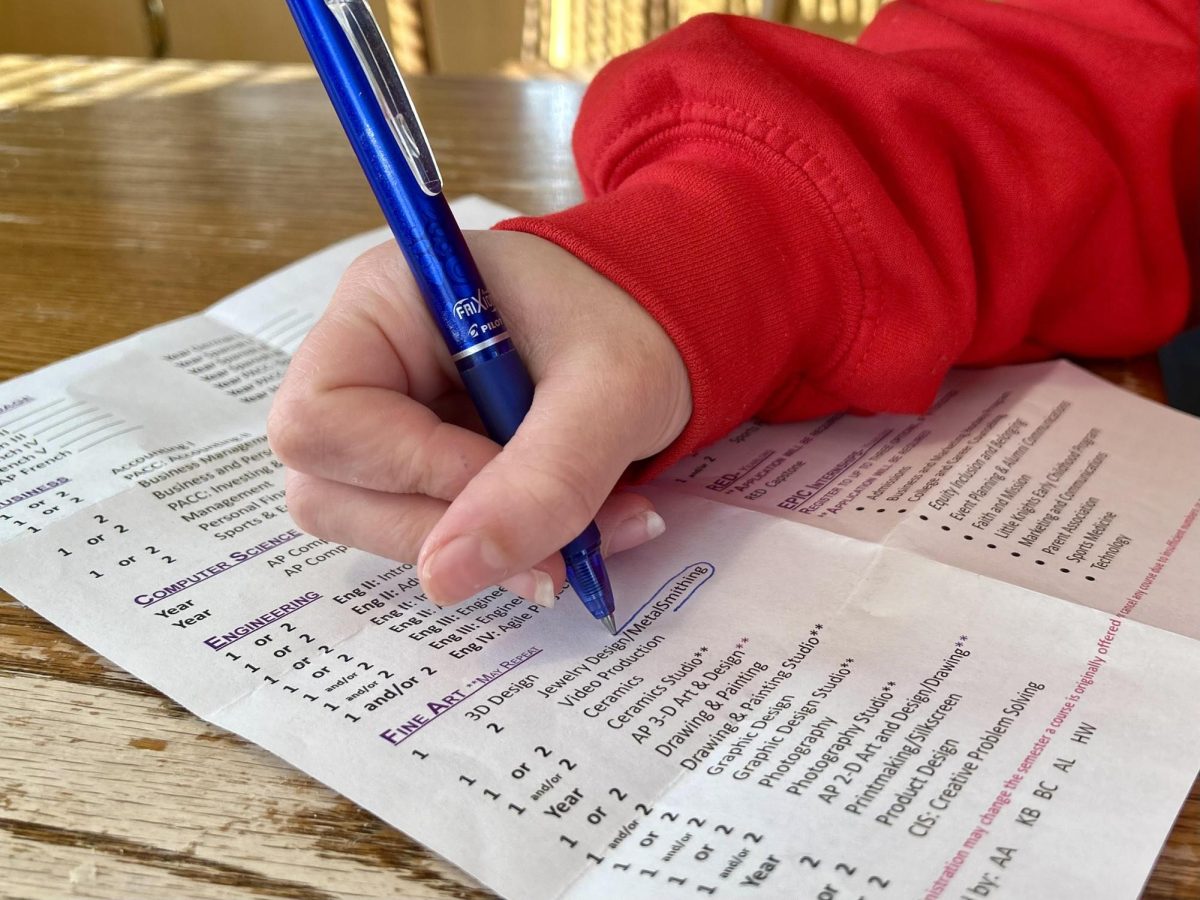



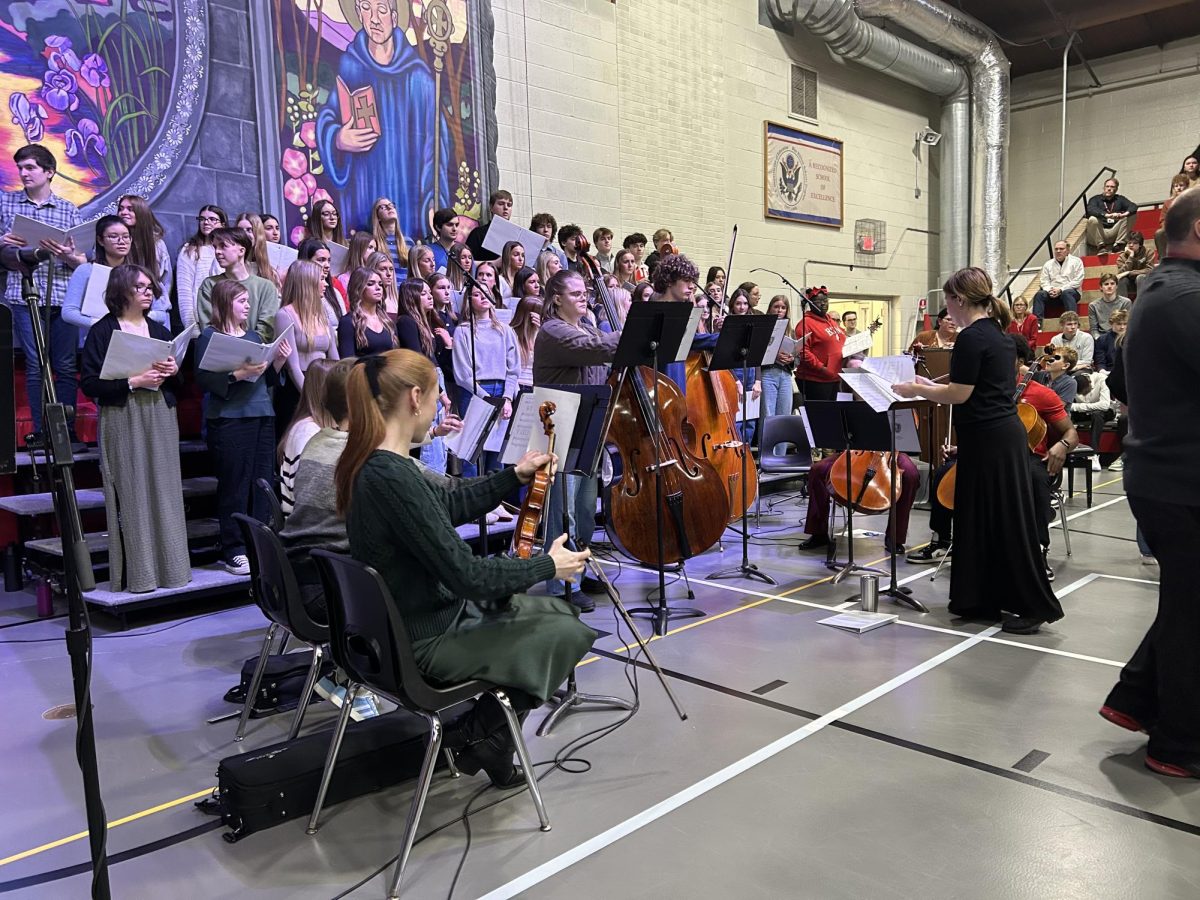
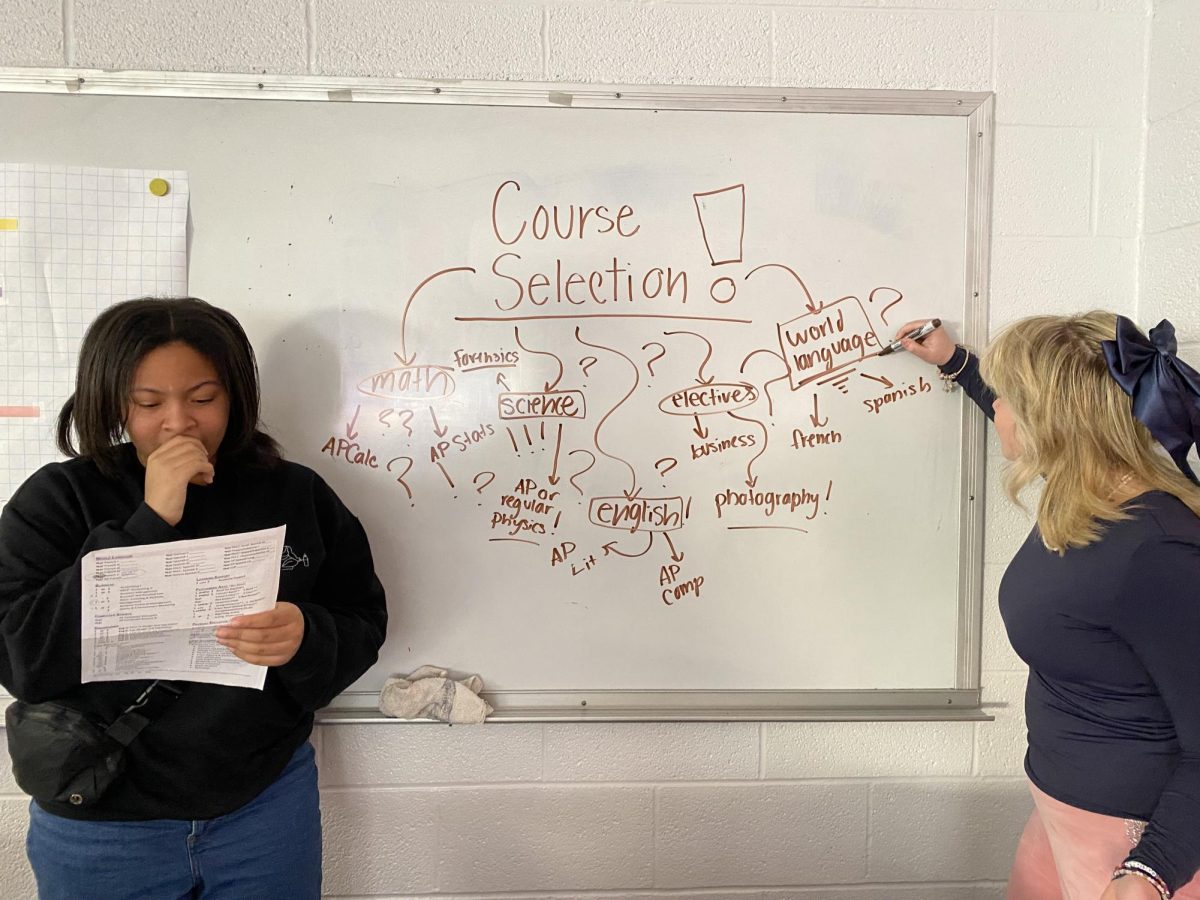
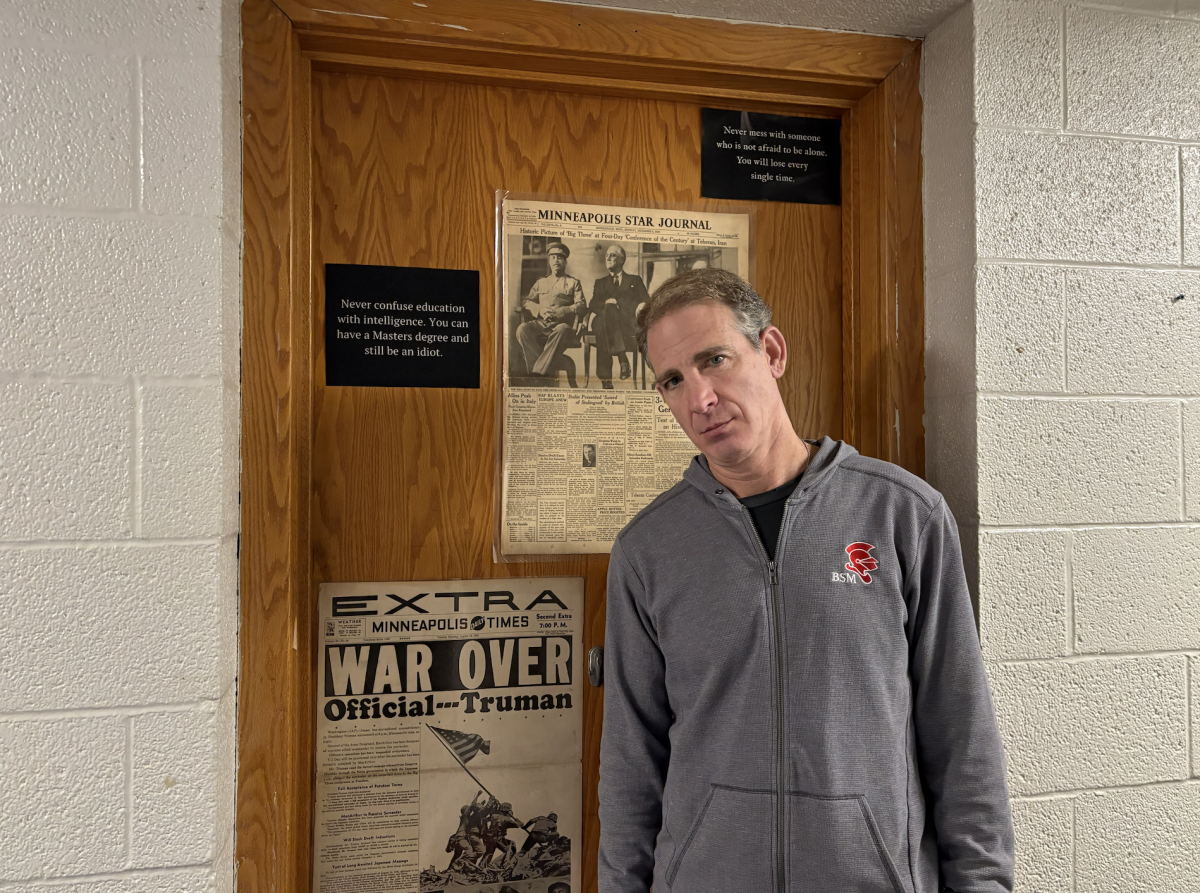

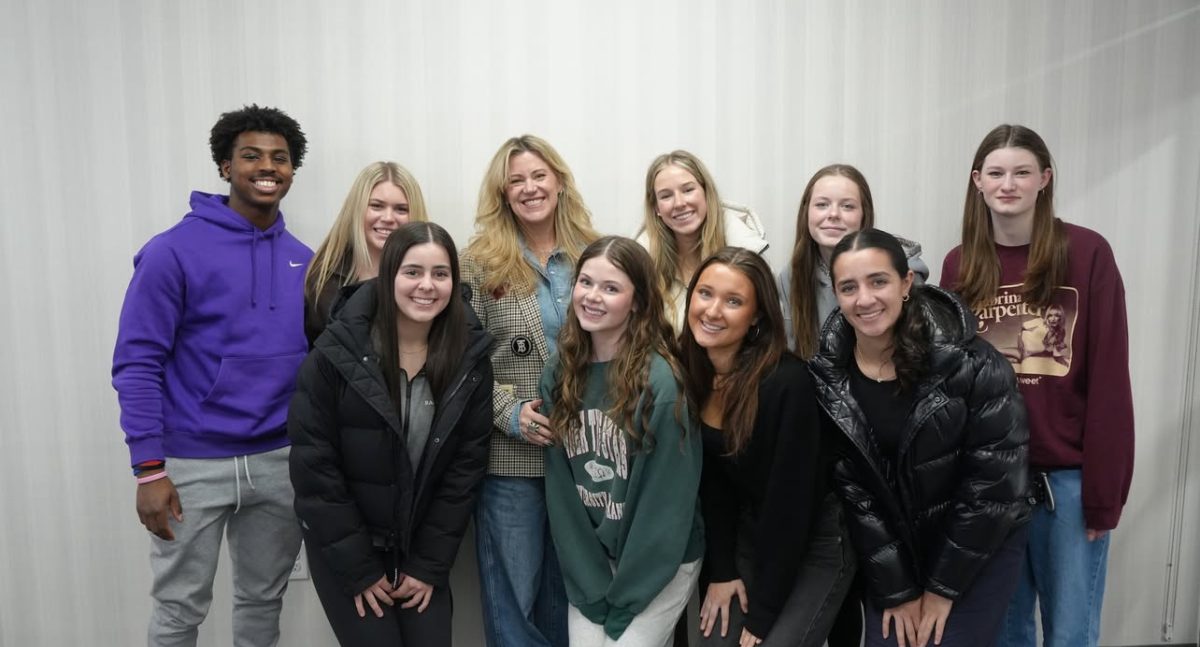





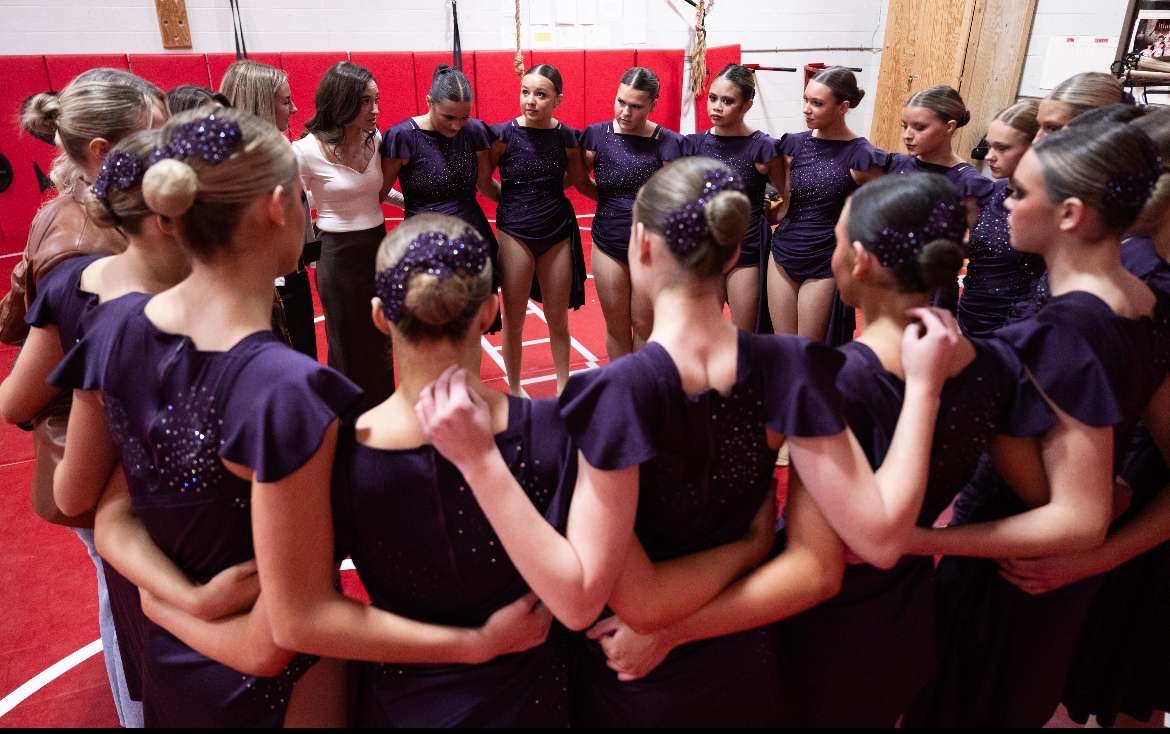






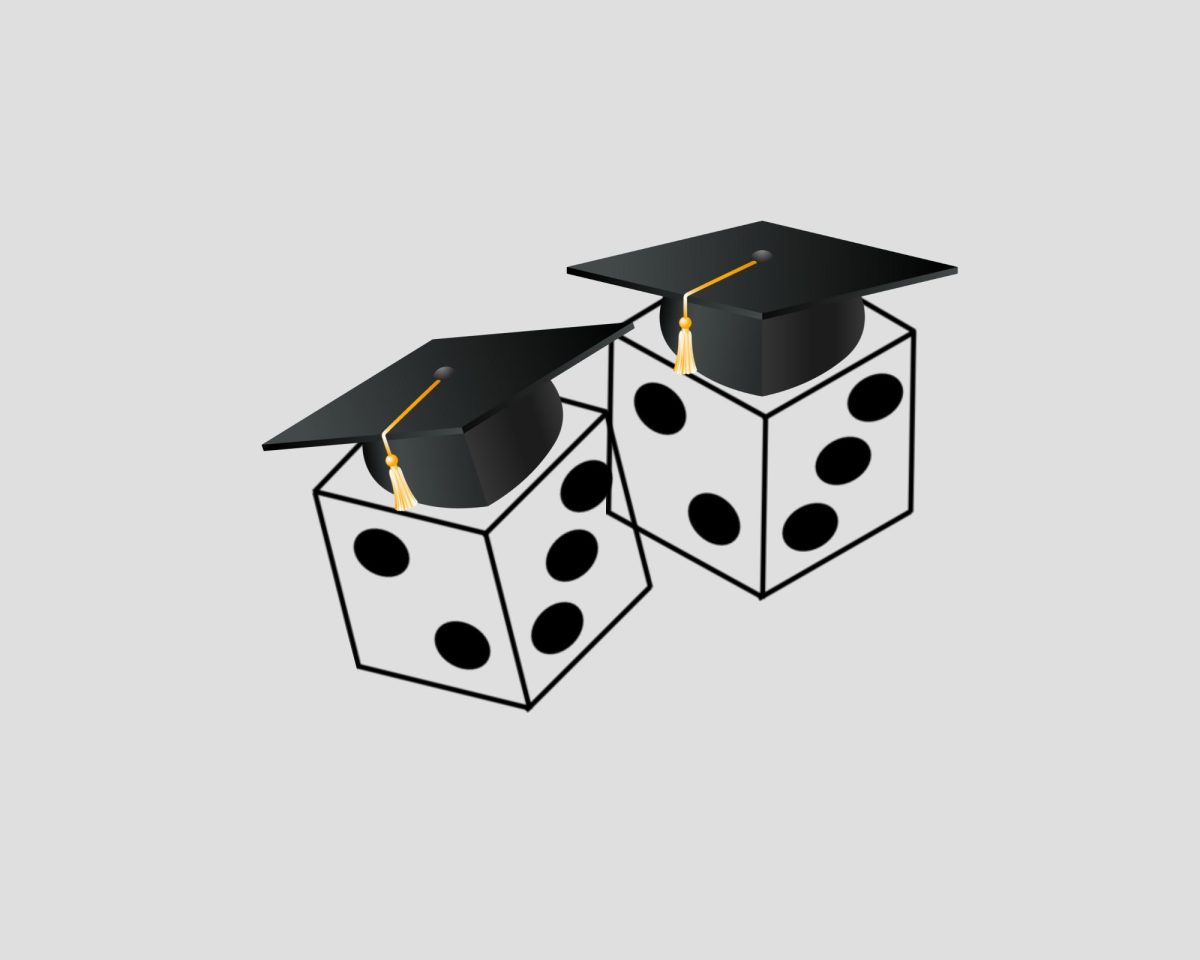
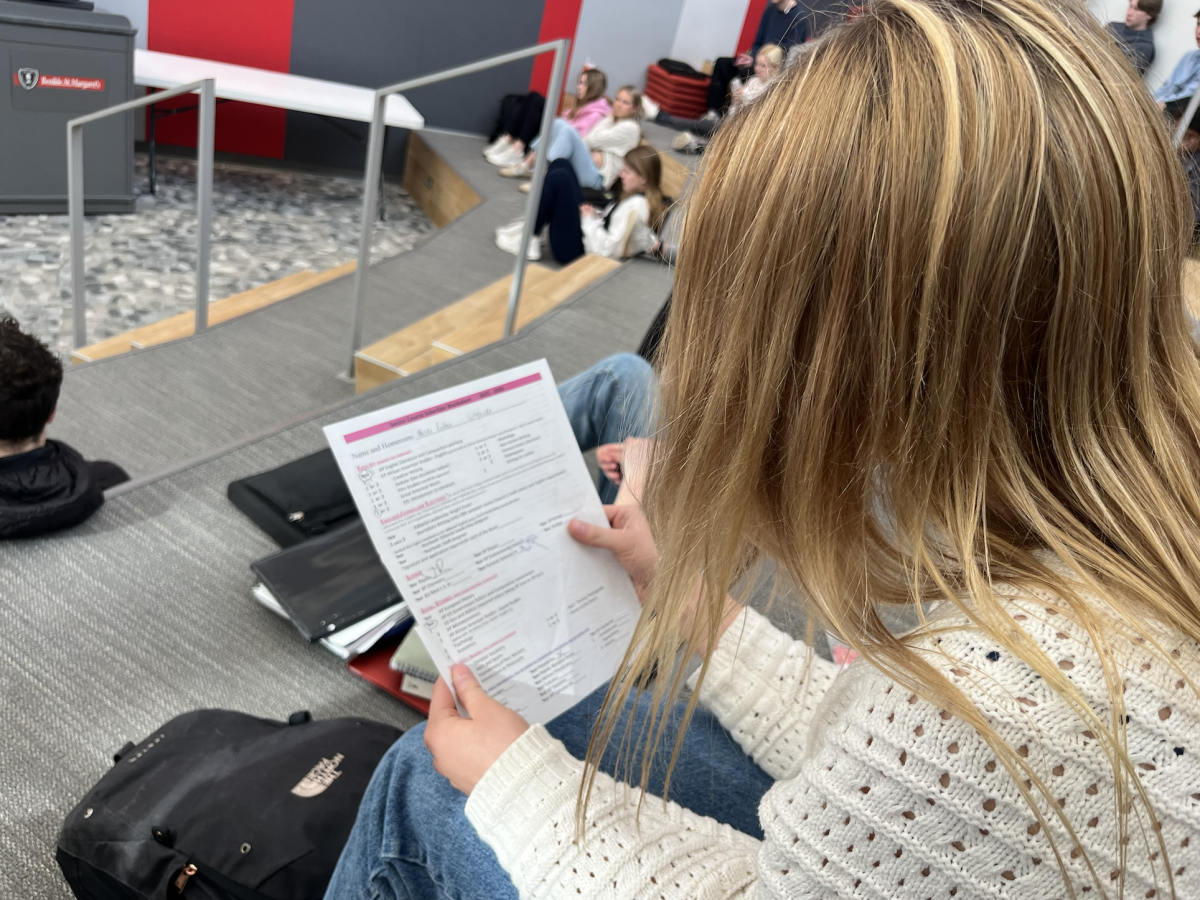
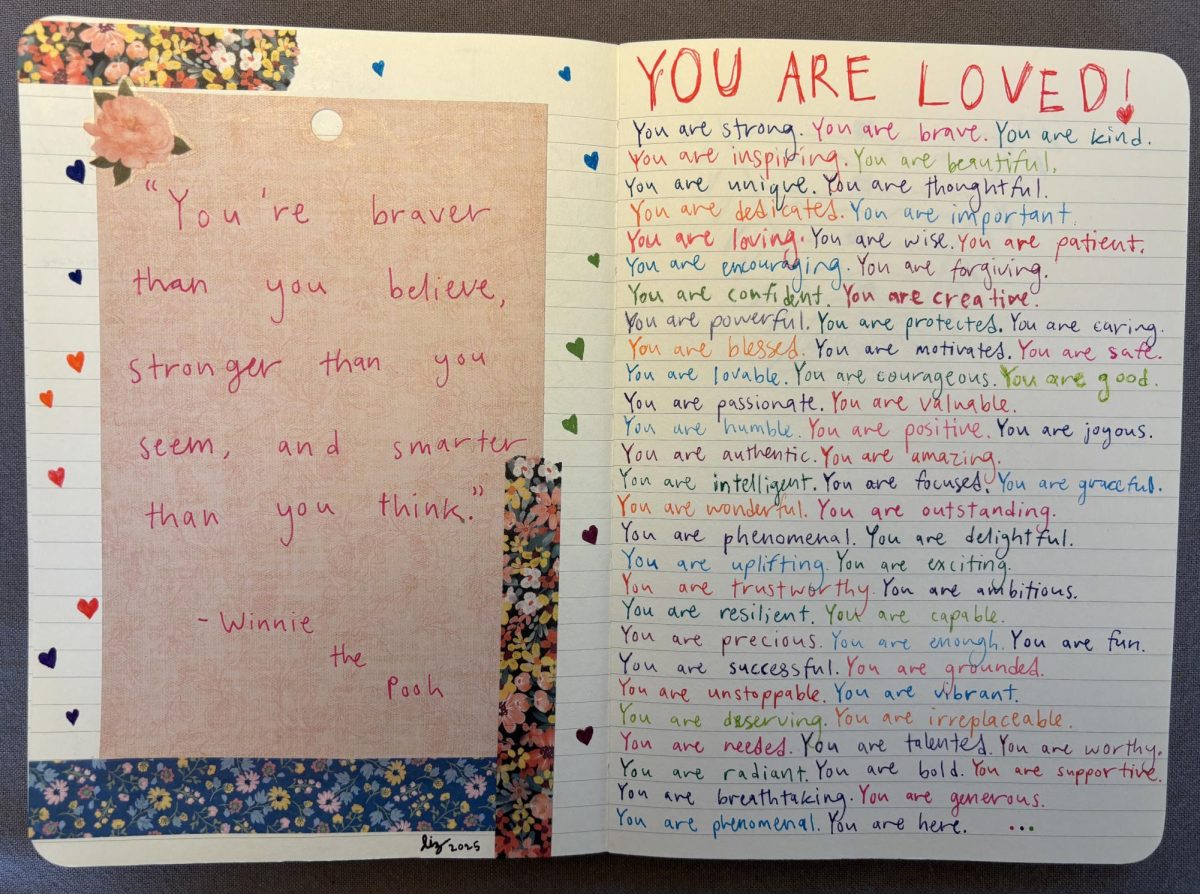











![Teacher Lore: Mr. Henderson [Podcast]](https://bsmknighterrant.org/wp-content/uploads/2025/03/teacherlorelogo-1200x685.png)


